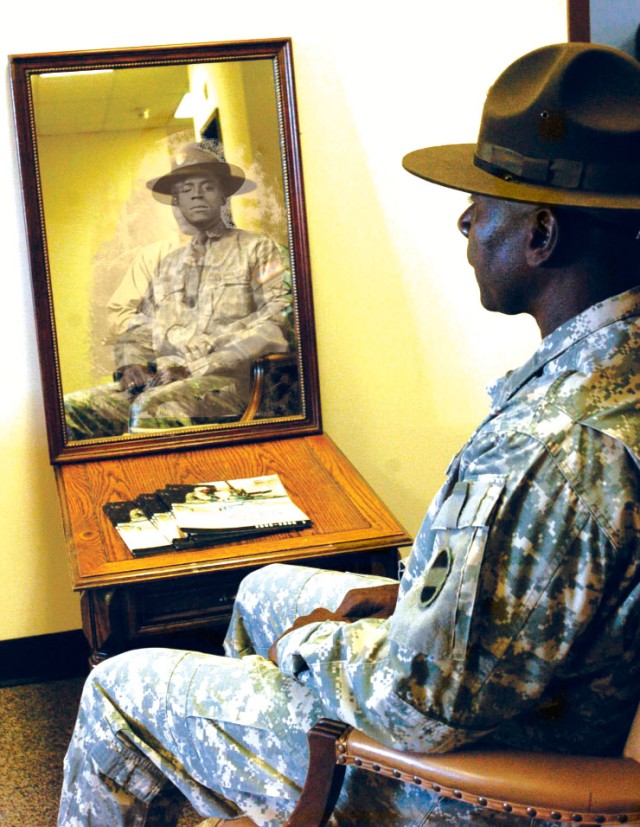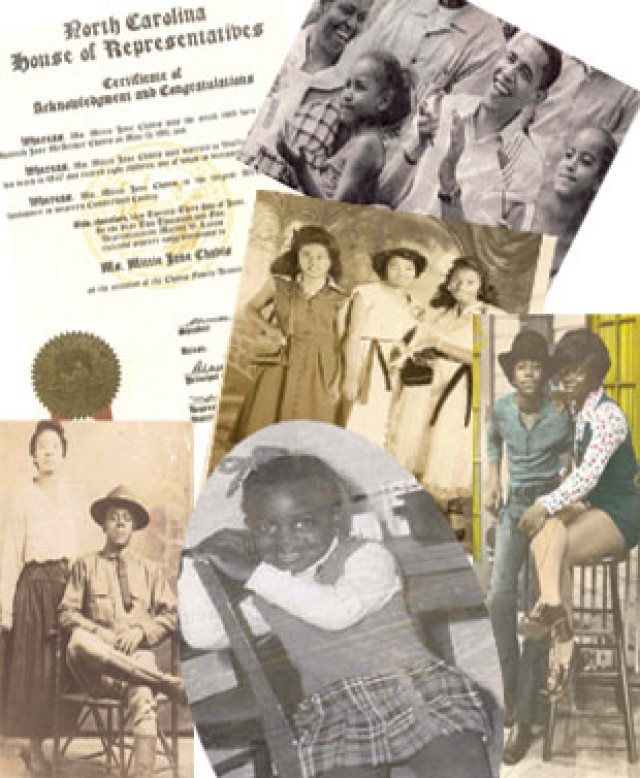"Those who have no record of what their forebears have accomplished lose the inspiration which comes from the teaching of biography and history." Such poetic insight came from Carter G. Woodson, historian
So much of what gets said during Black History Month implies February is an obligatory observance to which blacks are entitled because of their difficult past. That's not the original intent. Negro History Week was intended to inspire black Americans to strive for more by reflecting upon past accomplishments, like those of Woodson, Frederick Douglass, Malcolm X, Harriet Tubman, Benjamin Banneker, George Washington Carver and Dr. Charles Richard Drew. It would be unfair to overlook the not-so-famous names of those who have served this country as well, whether in military uniform, hospital uniform or any other outfit that covered the scars of their challenged upbringing.
Today, African-American history has a great deal to celebrate. With the significant accomplishment this year brought, some might say a new light is shining in African American achievement. While so many were celebrating, it was cause for others around post to reminisce about the accomplishments of their own ancestors.
For Zelmer Dawes, the election of an African American president adds significance to family history; it was the first time her father voted.
"I am extremely proud of my 98-year-old uncle and my 91-year-old dad because they voted for the first time in this presidential election," exclaimed the middle school youth coordinator for the garrison Community Outreach program. "I am proud we are a strong family that has bi-annual family reunions, where more than 150 members come together without regard to the distance from home or the cost of getting to a new location. This year, the conversations were different and there was a greater sense of pride in what we would add to the family ledger."
The inauguration rang proud for many, like John H. Satterwhite's parents, Henry and Vera Satterwhite, who participated on the March on Washington in August 1963. The March on Washington was a large political rally for jobs and freedom, where Martin Luther King Jr. delivered his historic "I Have a Dream" speech advocating racial harmony at the Lincoln Memorial.
"My mom said she wished she could have been back there Jan. 20 as the new president made history," Satterwhite said.
"It was something unexplainable to see so many people together at one place, seemingly for the same purpose: to achieve equality for every man regardless of color, creed or nationality," Vera said of the March on Washington.
Vera,78, who was raised in the "totally segregated" Saluda, S.C., wanted more for her son, who is a U.S Army Forces Command Public Affairs Office communications team specialist, and his siblings.
"I wanted my children to know that we were part of that historical gathering. Hoping that it would help them to be better informed and treated than their parents were," explained Vera. She raised Satterwhite and his sister in Norristown, Pa., in the 1960s. Vera said she wanted "better for my children than I had as a child. For example, we had to walk to school in all types of weather and the white children rode the school bus to their schools and would spit at us out of the windows."
While that has changed in most parts of the world, education is still a significant achievement for African Americans. Today, the doors of many colleges are open, thus providing an opportunity to achieve success and equal opportunities.
"I am also proud because many in my family promote education and encourage the youth to reach for the stars," said Dawes. "As a result, we have young people who are either getting degrees or are already lawyers, doctors or educators themselves."
Fannie Richards reached for the stars, too. She lived from 1840 until 1922 and was a revolutionary history maker. In 1871, she became the first black teacher in Detroit's newly integrated school system; however, as local community workers continue to focus on achievements, Joseph H. Heckstall Sr. remembers an educator in his family tree.
Heckstall, a loss prevention technician for the Army Air Force Exchange Service at Fort Gillem, said his great aunt Clarice L. Chambers was selected as the first African-American female president of the National School Boards Association in 2000 and president of the Pennsylvania School Boards Association.
"She was a strong proponent of education and of being prepared," Heckstall recalls. A 41-year resident of Harrisburg, PA., Chambers earned a bachelor's degree in Biblical Studies from Trinity School for the Bible, a master's degree in Biblical Theology from the International Bible Institute and Seminary and her doctorate in Theology and Biblical Studies from the North Carolina College of Theology. She is active in the community, county and state and serves on various boards and committees on a national level, Heckstall said of his upper-70s-year-old aunt.
"Her achievement was highlighted in the May 15, 2000, issue of 'Jet' magazine. You know the family is proud.
"[Chambers] was persistent in her goals and her success proved to us and encouraged us that we could achieve whatever we set our hearts to do," Heskstall revealed.
Strolling down her family's memory lane, Dorothy E. Thomas, mother of Carol Eubanks, narrator for the U.S. Army Garrison Public Affairs Office, stumbled on a significant piece of history her family is proud of: "Granddaddy Ed Evans saw President Abraham Lincoln in person."
"Granddaddy was probably a slave worker back then, but it was one of the highlights of his life," Thomas said.
While Thurgood Marshall and Rosa Parks were breaking down racial barriers, Erika W. Blevins' maternal grandmother was purchasing her own piece of the American dream: land.
In 2005, the North Carolina House of Representatives recognized Millie Jane Chavis as being the largest African-American landowner in western Cumberland County. She owns 57 acres.
Born May 13, 1912, Chavis is still celebrating birthdays.
"As a child, I only looked at her as being 'Mooh,' the one who made us pick peas out in the field, sit around the wash pot shucking corn and tell us repetitively 'All things you do, do with your might; things done by half ain't never done right.' Now that I'm grown, I cherish those memories and I take great pride in knowing that the matriarch of my family is one who solely provided for her family and instilled in each of us the meaning of honest hard work," said Blevins, a management services specialist for U.S. Army Garrison Administration Office. "She used to tell us, 'Put God first and everything else will fall into place.'"




Social Sharing